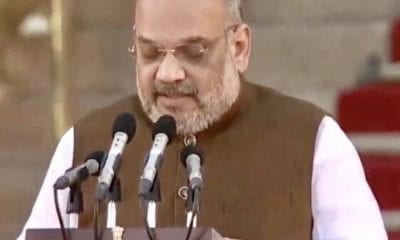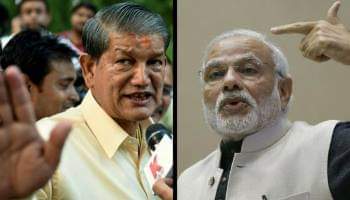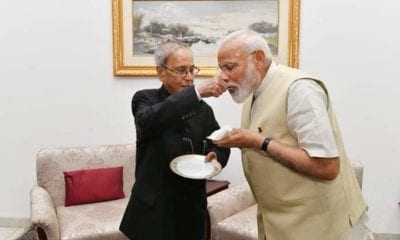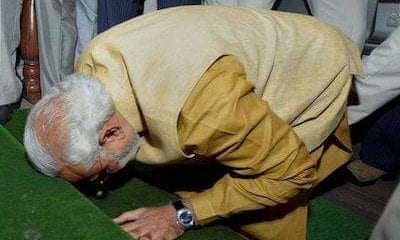Politics
Diplomacy of Narendra Modi
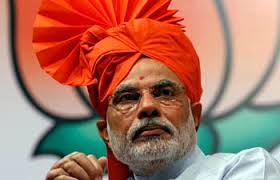
Modi is the first Indian Prime Minister to visit Israel. Under Narendra Modi India is following a shift from the Nehruvian paradigm to a fiercer Hindutva paradigm.
BJP’s contemporary political policy formulation is a paradigm shift driven by powerful Hindutva ideology. This has major implications for India’s domestic politics. There is an apparent increase in aggression and grandstanding, even if it comes at the cost of sustained diplomatic outreach.
One example is the current Union government’s Kashmir policy. In the past, the union governments were not only desirous of political reconciliation but were also tolerant of the dissidents in Kashmir. Today it is going to the extent of sending NIA after some of those very outfits which New Delhi had been courting and appeasing in the past.
Today we are more appalled by the lynching of Muslims by self-styled protectors of the Hindu religion, and not as much by the abject poverty around us. This is because poverty is part of our existing socio-political paradigm and we have come to accept and live with it.
Given the polarising nature of such a shift in paradigm, there are bound to be struggles between ideologies, battles in streets, divisions between regions, and revisits to the fundamentals of the Indian Union. In the worst case, it could lead to civil war-like situations due to ever mounting dissent and violence.
Those who resist this ideological paradigm shift must remember that these are driven by powerful ideologies and the only way to resist such shifts is to promote powerful counter-narratives.






